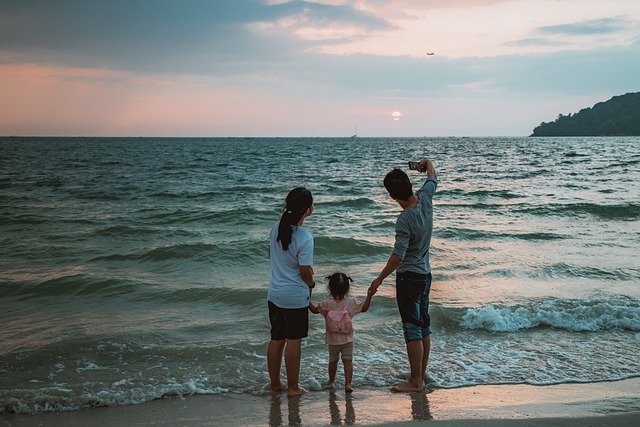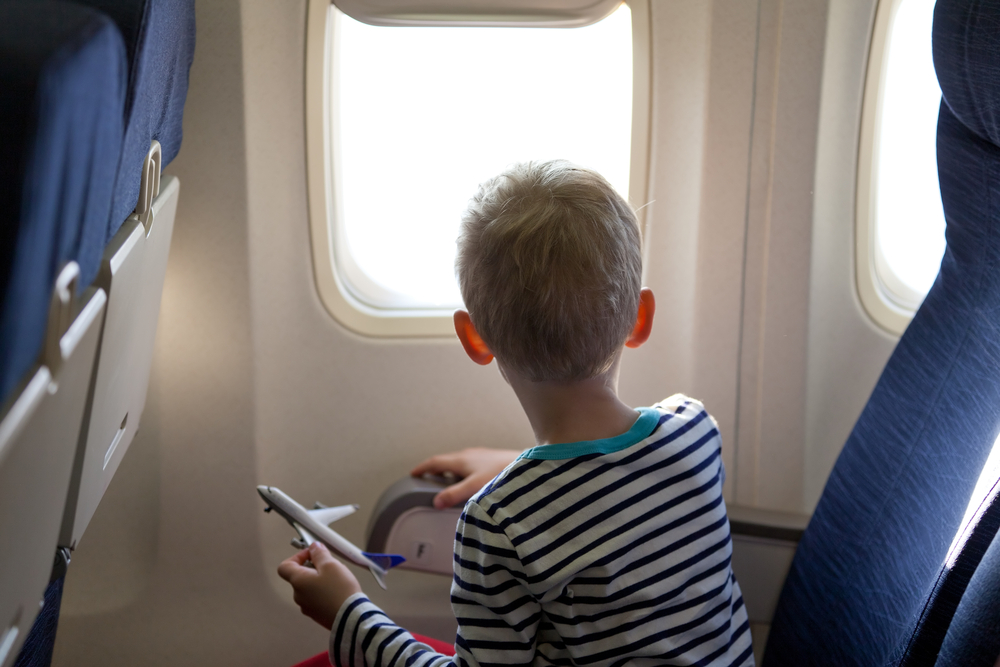With thanks to Carol Battram, Vice Principal, Pastoral at Bangkok Patana.
At Bangkok Patana we are transparent about our values. When choosing to come to Patana, whether as a member of staff or as a family, we all agree to a set of values that celebrate diversity, respect, and inclusion. We strive to teach by example, not just through the words we choose but also by demonstrating a readiness to challenge bias and negative stereotypes.
Recently, I’ve been reflecting on how challenging it can be to consistently model our school values. Each of us brings our lived experiences to Bangkok Patana, and I still find it difficult to acknowledge that some of my thoughts, however subconscious or involuntary, may actively discriminate against others. It might be human nature to consider our own country, history, culture, and language exceptional—but that doesn’t make it right.
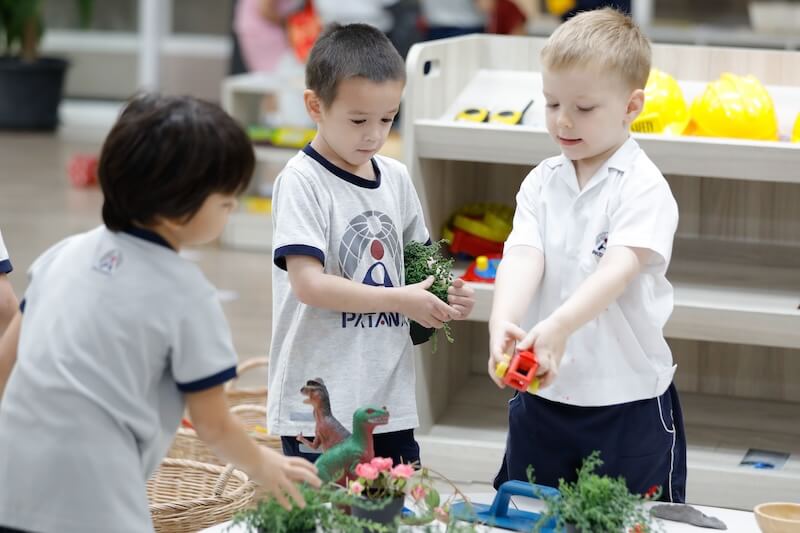
Acknowledging Subconscious Discrimination
Our community works hard to make our school inclusive and to build a shared understanding of what this truly means in practice. Inclusion means that all members of our community feel welcome when they join Patana and that, over time, this develops into a sense of belonging. To achieve this, we want everyone who joins our school to know that prejudice and deliberately hurtful comments have no place here. Such comments are the antithesis of kindness, compassion, and respect. Our goal is to ensure everyone feels safe in school, even though incidents of discrimination can and do occur. How we respond to these incidents tests our school culture. We seek solutions that consider both impact and context.
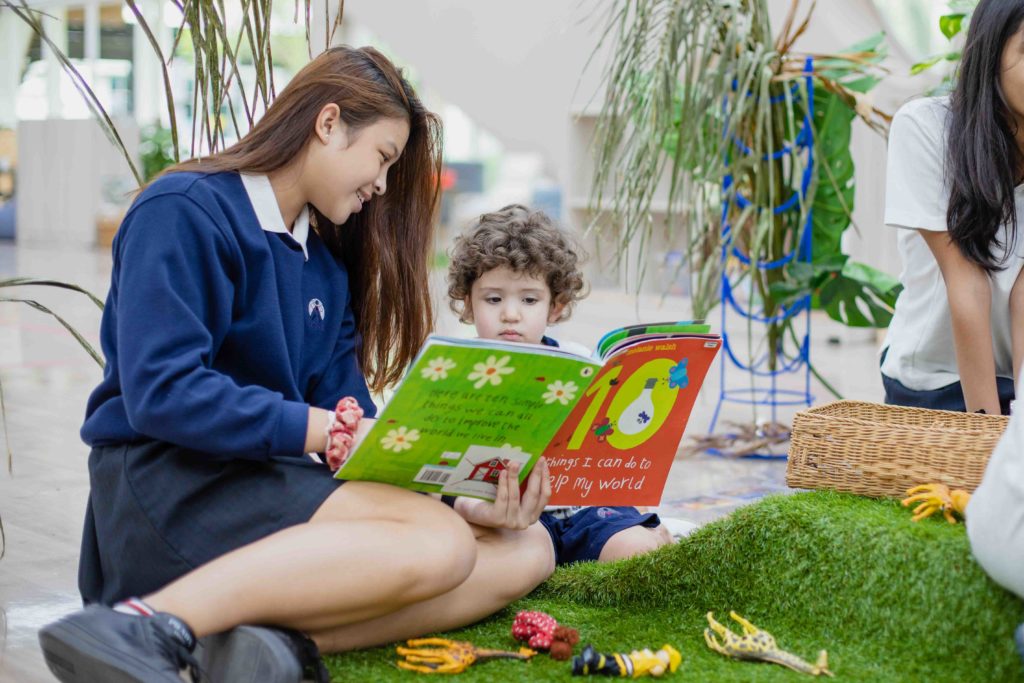
Educating and Addressing Behaviour
Carelessly hurtful comments can stem from ignorance, immaturity, or curiosity, as well as malicious intent. For example, a direct observation made by a five-year-old about physical differences, such as skin colour, differs significantly from an intentionally racist slur. However, regardless of intent, we must always prioritize the impact on individuals and their families. Intolerance of others can manifest in various ways, often disguised as a joke or friendly banter. My grandmother often said, “If you’ve got nothing nice to say, don’t say it,” but controlling the impulse to hurt others with words—or refusing to join in on normalized discriminatory behavior—takes courage and maturity.
We encourage our students to share their problems and worries with trusted adults, whether they overhear or are the target of discriminatory language. Such incidents will always be addressed thoughtfully. Most cases offer opportunities to apologise, restore trust, and make amends. Students may need to learn why their words caused harm, often alongside appropriate sanctions. Children and young people must understand the hurt and ripple effects caused by discriminatory language. Equally, they need opportunities to explain their actions and reflect on the impact of their words. Restorative and reflective learning cannot happen if a student feels only shamed, defensive, or unheard.
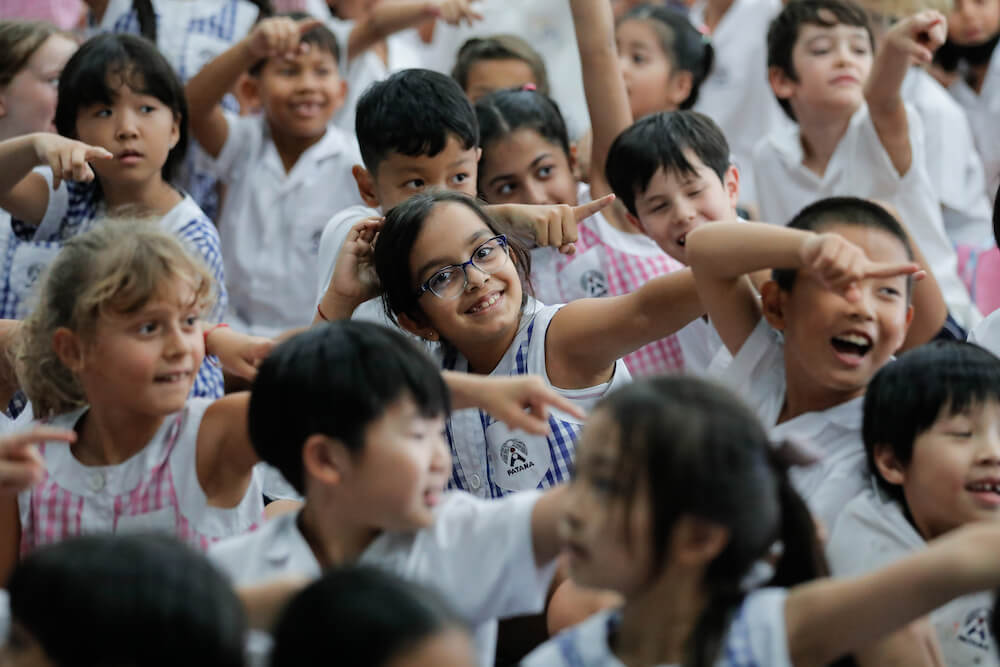
Parent and Teacher Engagement
To ensure our school feels safe for everyone, we need the engagement and support of all parents and teachers. We must pay close attention to the language our students use and what they are exposed to, including the casual bigotry found in some music and social media. It can be confusing for a child or young person to hear a word freely used in one setting and then be told it is wrong in another. If your child doesn’t understand why a word or phrase is inappropriate, have that conversation. Have many conversations. Every student, regardless of their age, learns better in a safe environment free from slurs and taunts. This includes no teasing or name-calling related to ability, appearance, culture, biological sex, home language, race, accent, class, ethnicity, sexual orientation, socio-economic status, or religion.
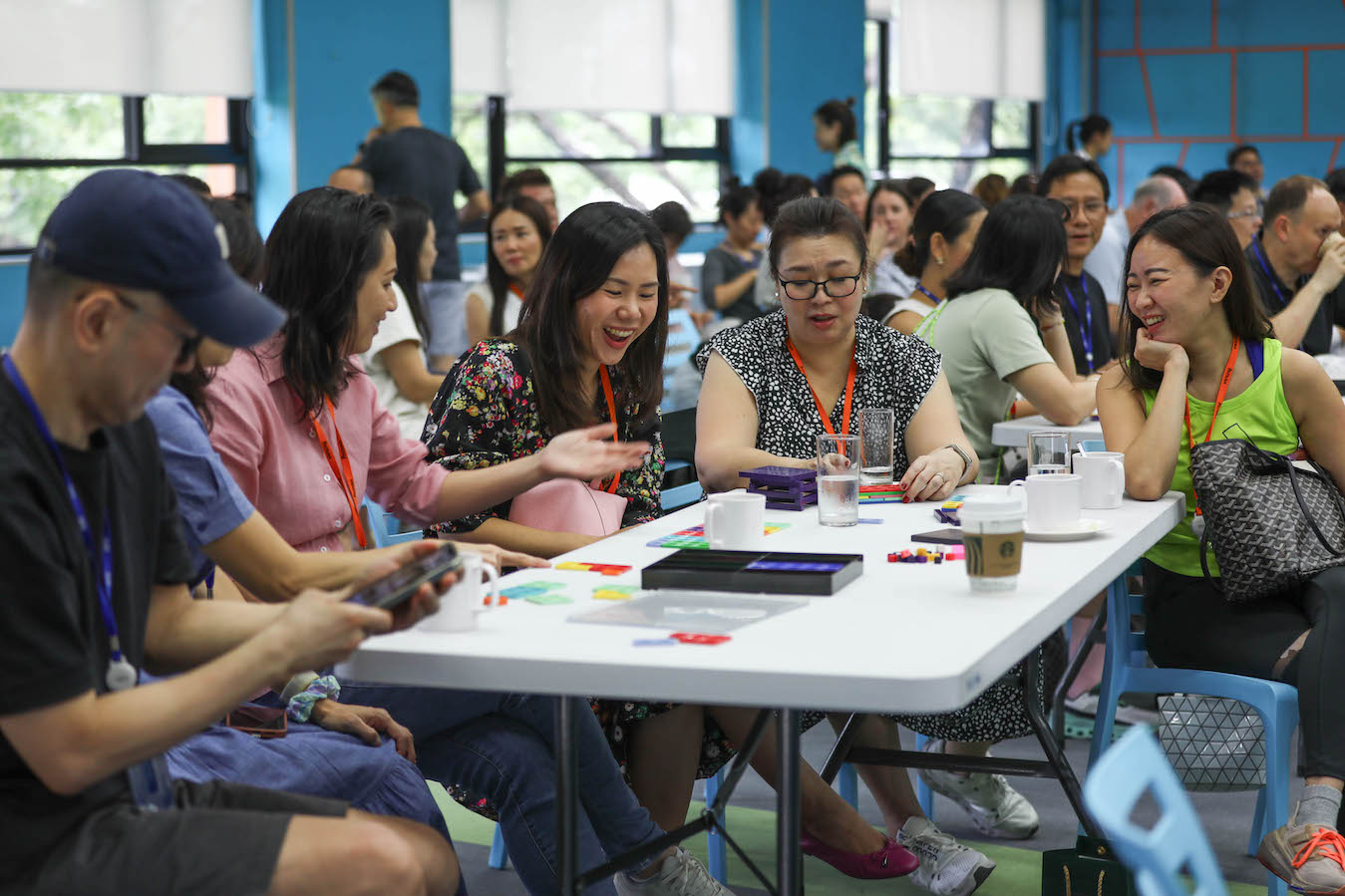
School Vision and Community
For many of our students, Bangkok Patana is where they are most likely to interact with friends, teachers, and classmates from diverse cultures, backgrounds, and races. Our school vision is to develop global citizens who leave school fortified by tolerance, kindness, cultural awareness, and an open mind. Everyone is welcome, and everyone belongs.













